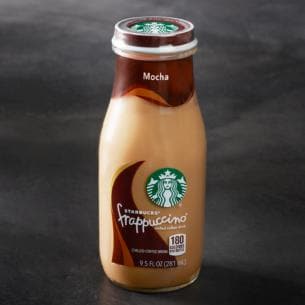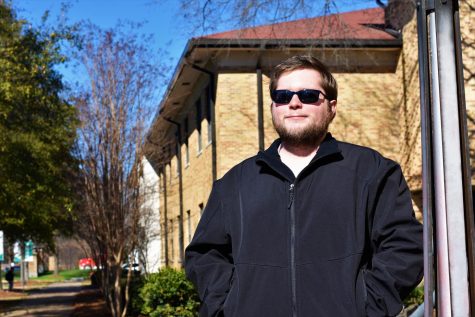Chaos: Caffeine on Campus

As many as 89% of Americans consume caffeine in some form or fashion in their daily lives according to a 2011 survey.
While many may think little of the consumption of these beverages, it is worth noting that drinking these on a daily basis can lead to health issues, especially with excessive caffeine intake.
Such health issues include heightened blood pressure, higher risk of heart disease and lower bone density in women. Since it is a diuretic, caffeine can also cause dehydration. However, studies show that there is both a good side and a bad side to caffeine, as there is with many things.
A new study has found that people who drink between three to five cups of coffee daily have a 15% chance of living a longer life than those who don’t drink coffee. Coffee has also been proven to decrease the risk of stroke as well as the risk of Type 2 diabetes.
Soft drinks, on the other hand, have been linked to increased body weight, lower intakes of calcium and other nutrients, as well as an increase in medical problems like diabetes.
The issue of soft drinks on public health is not new by any means. As far back as 1942, the American Medical Association mentioned soft drinks in a recommendation to limit the intake of added sugar.
Soft drinks are viewed by many as a major contributor to obesity, especially in children and many schools in the United States have banned their sale on their campuses, although not colleges.
It’s the added sugar in these drinks that contributes to poor health. According to Harvard School of Public Health, “To get as much sugar in your coffee as in your soda, you would have to use 10 teaspoons of sugar.”
Another study stated that a dose of 200 mg of caffeine appears to be the best amount, as at over 400 mg, it can interfere with sleep patterns and increase feelings of stress and anxiety. Coffee has about 95 mg caffeine, whereas a soda of the same size has only 19.5 mg.
The benefits of caffeine in proper amounts increase attentiveness, cognitive function, learning, memory and mood state. Drinking just over two cups of coffee, this can be achieved while avoiding the risk, whereas if it is attempted to drink enough soda to reach this caffeine level, one would likely end up in sugar shock.
With so many vending machines around campus stocking both sodas and canned/bottled coffee, it might be worth thinking over the next time you’re about to push that button.

Luke Terrill is an English major with a philosophy minor. Luke originally started school at Mississippi State University as a chemistry major, intending...


